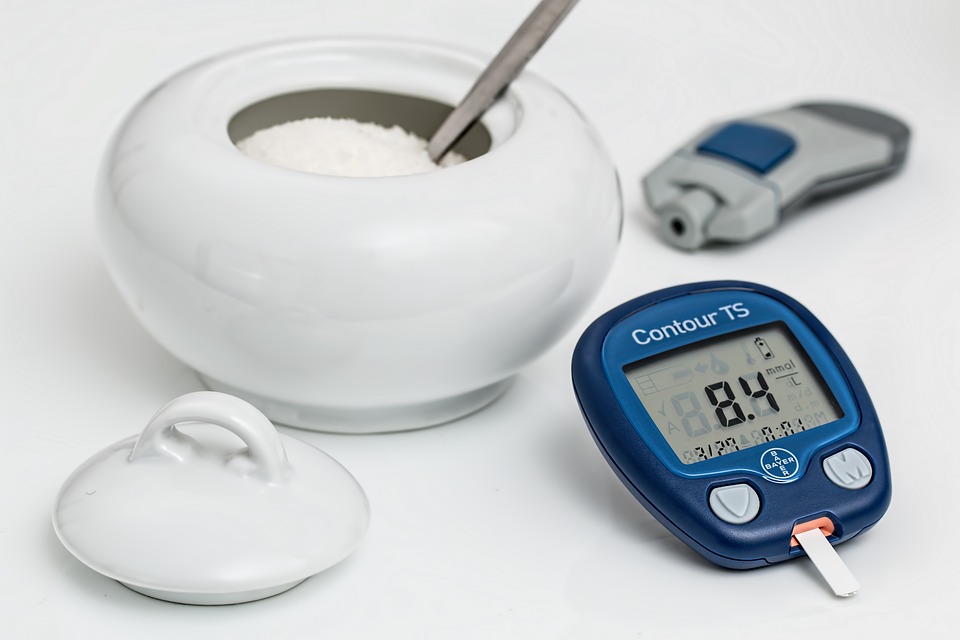Cannabis contains within it hundreds of chemicals known as cannabinoids. The chemical Δ9-THC produces almost all of the psychoactive effects associated with the plant.
The cannabinoids that are produces by this plant bind to the CB1 receptor in the human brain and the CB2 receptor in the immune system.
Of all the risk factors that result in diabetes, obesity is by far the largest contributor. The fat in the obese person that places them at increased risk is visceral fat. This contrasts with subcutaneous fat, which is more affectionately known as “baby fat”.
What is already known and accepted in the medical arena are the following risk factors for diabetes: increased body weight, physical inactivity, unhealthy food intake, and increased age. The only risk factor that cannot be controlled is age. As people get older, the body deteriorates, including the ability of the pancreas to meet the metabolic needs of the body. When the pancreas can no longer meet the metabolic needs of the body, serum glucose levels rise and the patient becomes predisposed to diabetes.
Cannabis stimulates the CB1 receptor in the brain which promotes food craving. Intuitively, this becomes a concern, because if one takes a substance that causes hunger, then eating increases, the weight increases, the insulin requirements of the body increases, and thus the incidence of diabetes will also increase.But this was not what was found in the studies reviewed.
Every person who has ever used cannabis knows full well how it gives you the “munchies”. The physiological reason for this is that Δ9-THC centrally stimulates the craving for sugar. The paradox is this: If cannabis makes you hungry, and specifically hungry for concentrated sweets (high-caloric foods) then why is it that one usually does not gain weight and one usually does not develop diabetes?
The answer is simple. It lies in the question of why one uses cannabis in the first place. One uses marijuana because of pain – physical pain, emotional “pain”, or psychiatric “pain”. It can be the pain of multiple sclerosis, the pain of spinal stenosis, the “pain” of insecurity and loneliness, or the “pain” of a myriad of psychiatric disorders such as depression and schizoaffective disorder. These reasons result in one’s gravitating towards the calming and (yes) pain-relieving effects of cannabis.
[Image credit- Pixabay]







Currently interested in information about Cannabis use for Diabetes, and epilepsy
Please join our Ask A Doctor session and just ask… We will always answer.